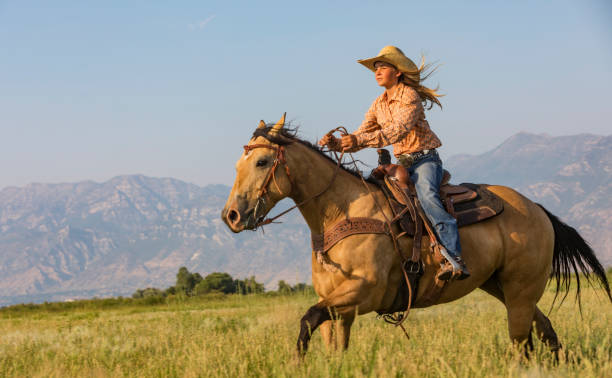Cribbing can also be called aerophagia or crib biting. This is an expected behavior seen in horses and is most likely due to boredom or StressStress. A study published in 2014 suggests that there may be a genetic predisposition.
It is only possible to break a habit once established, despite the advice you might read on sites selling herbs and other gear. It’s worth trying different methods to stop a cribber. However, some cases can be irreversible. It is unlikely that you can stop a horse from cribbing in all situations. Even if you manage the horse well and sell it, it may start cribbing in its new home. If you are selling a cribber, it is important to inform the new owner that your horse has this vice.
It used to be believed that horses learned cribbing from their foals. You should consider whether you can handle the damage to stables and trees that could result from cribbing before you purchase a horse, foal or donkey that cribs.
What is Cribbing?
Cribbing refers to a horse grasping a horizontal object using its upper incisors, and pulling against it with an arched neck. The horse then makes a distinctive grunting sound and sucks in large amounts of air.
Cribbing is not something wild horses do. Cribbing is a habit that can be caused by how a horse’s care is taken care of. The vice may be caused by boredom, temperament, StressStress and diet.
Cribbing tends to begin in horses younger than six months of age. Cribbing can be reduced by ensuring that young horses spend as much time on pasture as possible and have lots of social contact with other horses. Some evidence suggests that certain grain diets can increase the likelihood of this habit developing.
Can Cribbing Hurt Horses?
Cribbing can cause serious health problems for horses. Cribbing can lead to colic and stomach ulcers in horses. 2 Tooth wear can also cause problems for older cribbers. Cribbing can also lead to weight loss. Some horses may prefer to sleep than eat. Cribbing can also lead to weight loss; some horses may prefer to crib than eat. 3
How can you control cribbing?
While there is no way to completely stop the cribbing of certain horses, there are some ways you can cope. These are suggestions from cribbers.
- Cribbing collars or straps make it difficult for horses to practice cribbing by stopping them from flexing their neck muscles while he gulps air. Although the strap is uncomfortable for the horse to flex their neck, it doesn’t hurt them.
- Cribbing is less likely in diets with more forage than less grain.
- Cribbing rates can be reduced by using a toy, and more socialization and outdoor activities have been proven to decrease them.
- Cribbing surfaces can be eliminated or electrified, such as fence posts.
- One surgical option involves the removal of small parts of certain muscles or nerves in your neck. This surgery is not possible for all horses and requires general anesthesia. Horse owners often consider it prohibitive to have the procedure performed.
What is the best way to buy a Cribber
“Does the horse have any vices?” This should be on the list of questions you ask any potential owner of any horse that you are thinking of buying. Avoid buying a cribber if you prefer a simpler start.
You should expect to have to manage the cribber for the rest of your life. A cribber can remain a cribber throughout its life without any drastic measures such as surgery. You can manage the behavior if you persist and use enough control methods to keep it from becoming destructive to your horse’s home. It may be difficult to achieve this goal.

